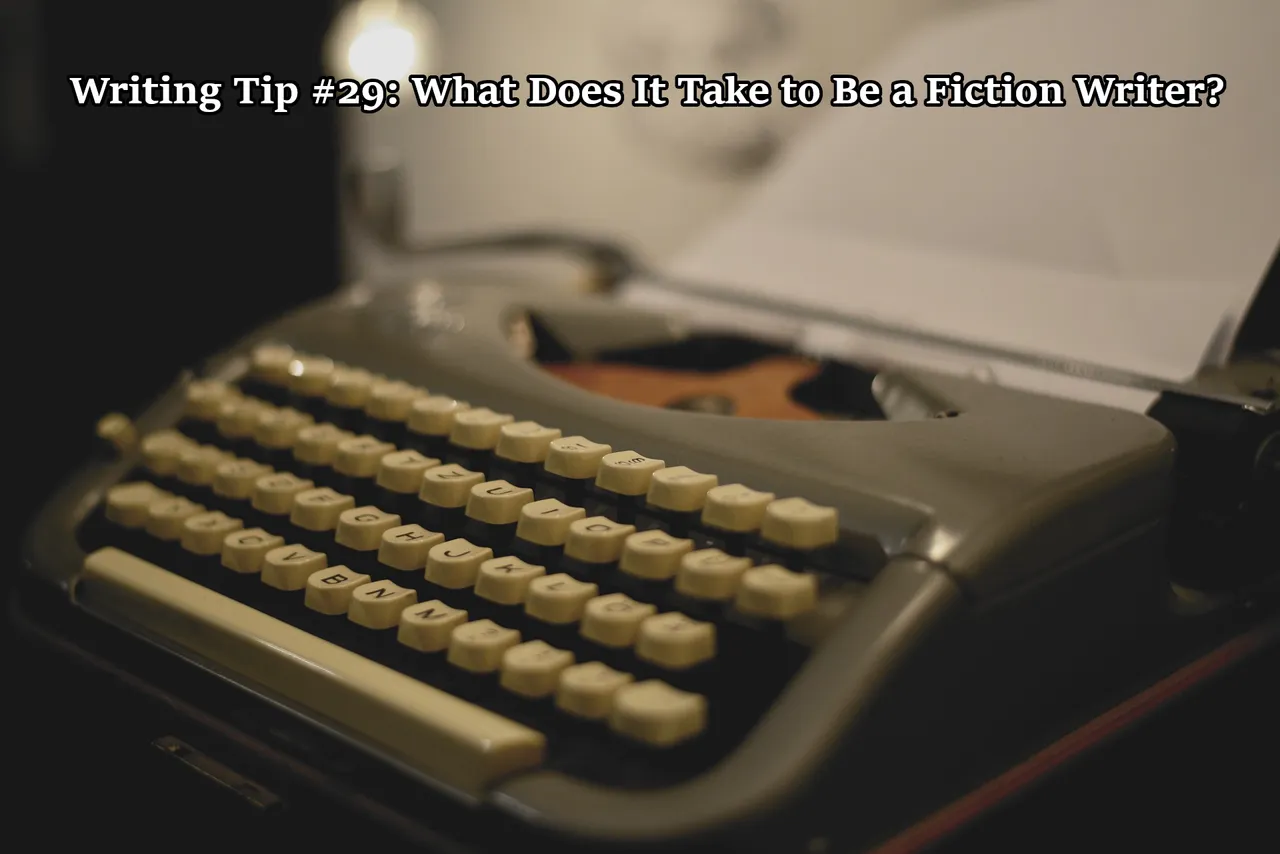Hello members of The Ink Well community. Jayna here. In this installment of writing tips, I want to talk about the qualities that are necessary if you want to succeed at writing fiction. We all perhaps wonder at some point: what is involved in being a fiction writer? If I really want to be great at this, what is it going to take? Well, no one has the exact formula. And that is perhaps good news and bad news. The good news: You don’t have to be like Stephen King, or Jane Austin, or Kazuo Ishiguro, or Anne Tyler, or James Baldwin, or Raymond Chandler, or Agatha Christie or Douglas Adams… or anyone, but yourself. The bad news: There is no formula. One cannot say, definitively, that if you have some certain set of qualities or skills you will be a great writer, or a successful writer (and of course those two things are not necessarily one and the same). So then… what does it take? How can we marry our deep desire to produce words that emote - and create drama, beauty, fear or heart pounding suspense - with the “chops” required to succeed? Let’s discuss. You can actually look this up online and find various lists of the qualities required of fiction writers, but in this post I’m just going to share my personal and humble view on this topic. I have written dozens and dozens of short stories over the years. I have read far more - hundreds of short stories and novels. (I neglected to keep track.) And I have been involved in multiple writing groups and book clubs. This is the background I bring to bear as I assemble my list of attributes that I think you must have to succeed at this. Here is my list: What do you think? What qualities, in your book, are necessary for writing success? Happy writing! @jayna, writer and moderator at The Ink Well. If you're looking to up your fiction game and reach that next level, check out my past writing tips linked below.
Image source: congerdesign on Pixabay
Qualities of a Fiction Writer


We would like to invite lovers of creative writing to visit The Ink Well, a Hive community started by @raj808 and run by @shanibeer @stormlight24 with support from moderators including @carolkean and @jayna.
Also, with the advent of https://hive.vote/ it is now possible to follow The Ink Well curation trail on Hive blockchain. It works just the same as steemauto; simply navigate to the curation trail section and search for theinkwell (all one word with no @ symbol) and our trail will pop up as an option.
Similarly delegations are possible on Hive using the fantastic https://peakd.com/ Hive Blockchain front end. If you wish to delegate to @theinkwell that supports creative writing on Hive by voting all of our contributors, you can do this from the wallet section of https://peakd.com/
A big thank you to all our delegations from:
@felt.buzz @shanibeer @jayna @ocd-witness @kaelci @trucklife-family @preparedwombat @iamraincrystal @owasco @agmoore and @marcybetancourt.
 Click banner to visit our community page
Click banner to visit our community page
 Find us on twitter by clicking the banner above.
Find us on twitter by clicking the banner above.
